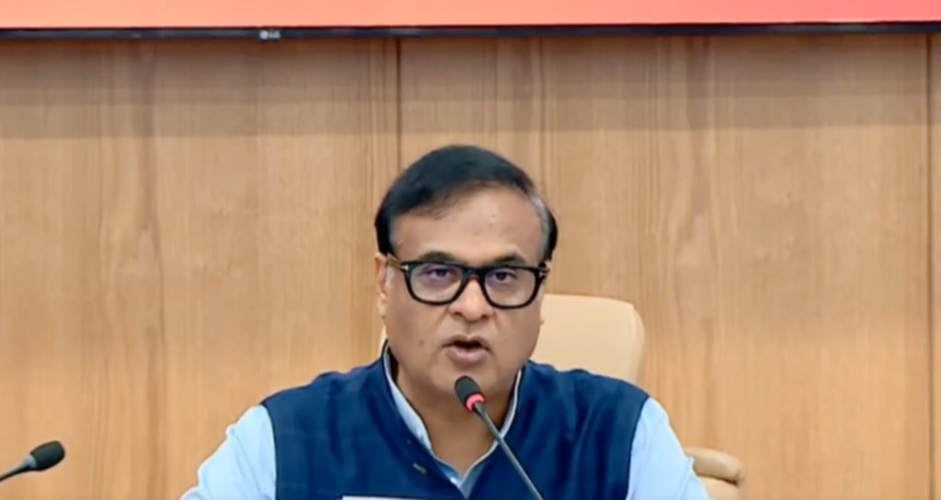Guwahati: The Assam government will introduce a new bill in the upcoming assembly session to provide land rights to tea garden workers, Chief Minister Himanta Biswa Sarma announced on Thursday.
Addressing a government function in Guwahati, Sarma said the bill would be tabled during the assembly session starting November 25.
“We are going to introduce a bill to give land rights to our tea garden workers. The government recognises their legitimate claim over land along the garden lines,” he said.
The announcement comes amid growing unrest in Upper Assam, where thousands from the tea tribe and Adivasi communities recently held demonstrations demanding Scheduled Tribe (ST) status, higher wages, and land allotments.
Reiterating his government’s commitment to the welfare of tea garden communities, Sarma said multiple initiatives are underway to enhance their educational, cultural, and socio-economic progress.
At the event, the Chief Minister distributed financial assistance to around 8,000 Jhumoir dancers and trainers who had performed during the Jhumoir Binandini programme in February, celebrating 200 years of Assam’s tea industry.
Each artiste and trainer received Rs 25,000, while members of the expert committee were given Rs. 50,000 through direct bank transfers.
Sarma also flagged off 80 ‘Sanjeevani’ mobile medical units to strengthen healthcare access in remote tea garden areas.
Looking ahead, the chief minister announced plans to hold a week-long cultural festival in New Delhi in 2026 to showcase Assam’s traditional folk dances, including Bihu, Jhumoir, and Bagurumba.
ALSO READ: Bangladesh prosecution seeks death penalty for Sheikh Hasina over protest killings
“Our goal is to take Assam’s unique culture to a global audience and bring pride to the tea garden communities,” he said.
Sarma further outlined measures to improve education in tea garden areas, announcing the establishment of 100 new high schools by January 2026.
He said the state government has reserved 30 medical college seats and 3% of Grade III and IV government jobs for students from tea garden and Adivasi communities.
“Our collective responsibility is to ensure that every child in the tea gardens gets an education and an opportunity to grow,” Sarma added.















